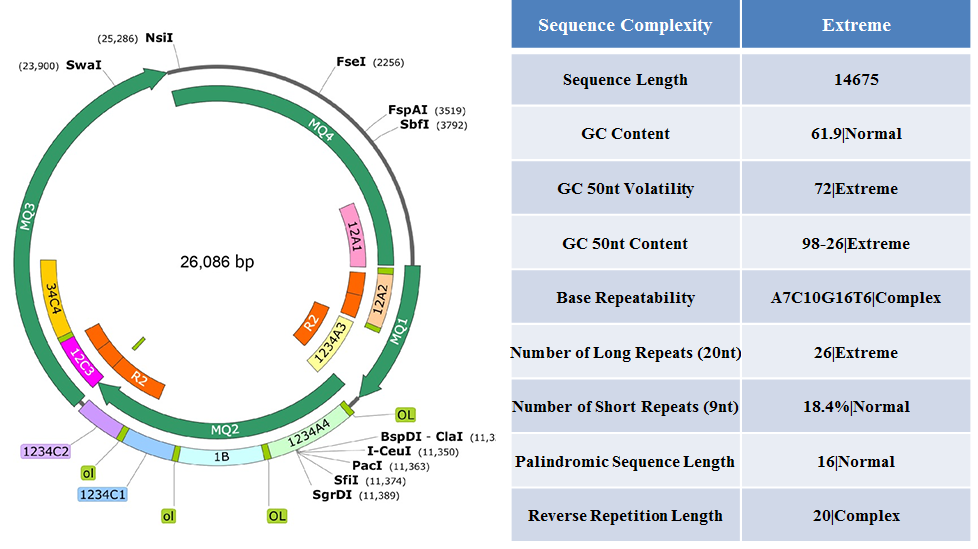Did you know that the global synthetic biology market is projected to reach a staggering $40 billion by 2026? That’s right! artificial gene synthesis is at the forefront of this booming industry, driving innovation and transforming how we approach genetic engineering.
Understanding Artificial Gene Synthesis and Its Market Attributes
So, what exactly is artificial gene synthesis? In simple terms, it’s the process of designing and constructing genes from scratch using chemical methods. This technology has unique market attributes that set it apart from traditional methods. For one, it offers unparalleled precision in creating custom DNA sequences tailored for specific applications. Additionally, its scalability allows researchers to produce large quantities of genes quickly and efficiently. When we talk about value-based segmentation in this context, we’re looking at how different sectors—like pharmaceuticals or agriculture—can leverage these capabilities to meet their unique needs.
Diving into Gene Fragment Synthesis within Value-Based Segmentation

Now let’s get a bit more technical with gene fragment synthesis. This aspect plays a crucial role in value-based segmentation as it enables companies to create smaller segments of DNA that can be used for various purposes—from research to therapeutic development. By focusing on specific customer needs within each segment, businesses can optimize their offerings based on factors like cost-effectiveness or speed of delivery. Essentially, understanding these nuances helps organizations tailor their products better while maximizing customer satisfaction.
Exploring Synbio’s Characteristics in Value-Based Segmentation
Synthetic biology (Synbio) takes things up a notch when discussing value-based segmentation characteristics. It combines biology with engineering principles to design new biological parts and systems—or even redesign existing ones! The flexibility offered by Synbio means companies can adapt quickly to changing market demands or emerging technologies. As such, they can target niche markets effectively while ensuring they’re providing maximum value through innovative solutions tailored specifically for those segments.
Wrapping Up Our Exploration
In conclusion, artificial gene synthesis stands out not only for its groundbreaking technological advancements but also for its significant implications in value-based segmentation across various industries. By understanding how this technology interacts with concepts like gene fragment synthesis and synthetic biology characteristics, businesses can position themselves strategically within the marketplace—ultimately leading them toward greater success!

